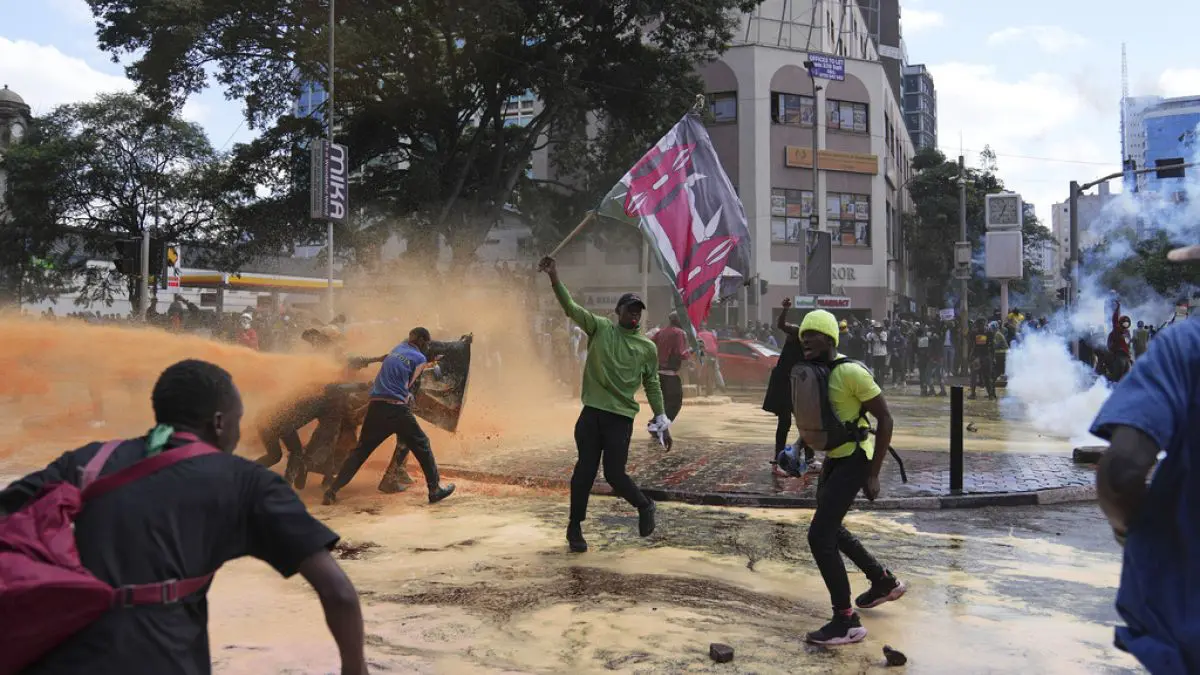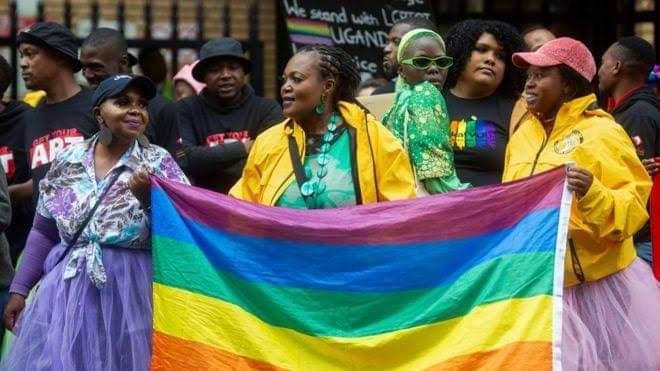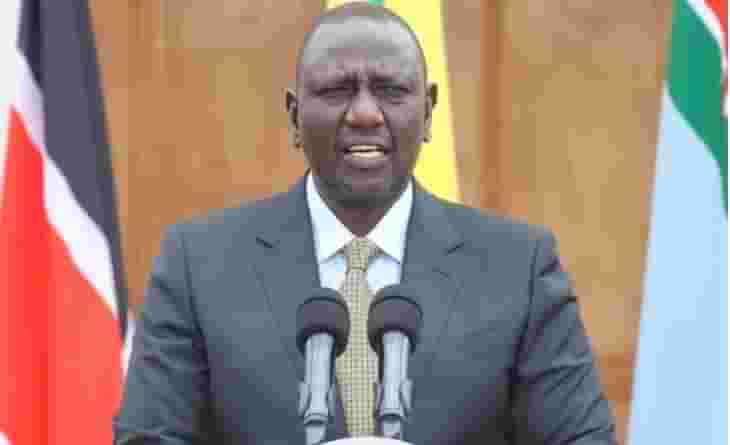At least 39 people were killed and many injured in the recent anti-tax hike protests across Kenya as youth took to the streets on Tuesday for a new round of protests.
“Data from our records indicates that 39 people have died and 361 injured in relation to the protests countrywide,” state-funded Kenya National Commission on Human Rights (KNCHR) Chairperson Roseline Odede said in a statement issued in Nairobi, the capital of Kenya, Monday evening.
The KNCHR said there were 32 cases of involuntary disappearances and 627 instances of arrests of protesters who were demonstrating against a wide range of unpopular tax increases that have now since been withdrawn.
The national human rights watchdog said the data, which covered the period from June 18 to July 1, show that Nairobi leads the number of fatalities, standing at 17
Odede, condemned the force that was inflicted on protesters, faulted those who destroyed and burned critical government infrastructure such as Parliament buildings and the National Library, urging them to respect the rule of law.
“We maintain that the force used against the protesters was excessive and disproportionate,” Odede said.
The protests led by mostly young Gen-Z protesters began in cities and towns across Kenya and online after the Finance Bill 2024 was introduced in parliament on June 18.
The protesters expressed outrage over provisions of the bill that would raise taxes on goods and services that many people depend on, such as bread, and mobile money transfers, to meet the government’s revenue targets.
On June 25, the protesters breached the heavily guarded Parliament premises and destroyed property, a few hours after the lawmakers passed the contentious Finance Bill 2024, seeking to raise an additional 346.7 billion shillings (about 2.67 billion U.S. dollars).
A section of the building was set ablaze by the angry protesters, many of whom were wearing black clothes and carrying Kenyan flags as they chanted anti-government slogans.
The incident prompted the security forces to fire live bullets at the protesters, killing at least four of them in the clashes.
In a televised interview Sunday, President William Ruto reiterated his previous calls for dialogue with young people, noting that he was prepared to do this in a forum of their choice, including the social media of X Spaces, where Gen-Z often gather to discuss issues and strategies.
The young protesters, however, rejected the call for dialogue and instead organised fresh protests, insisting that the president should first release those who had been detained by the police.
The protesters occupied roads across the country, including central business districts.








